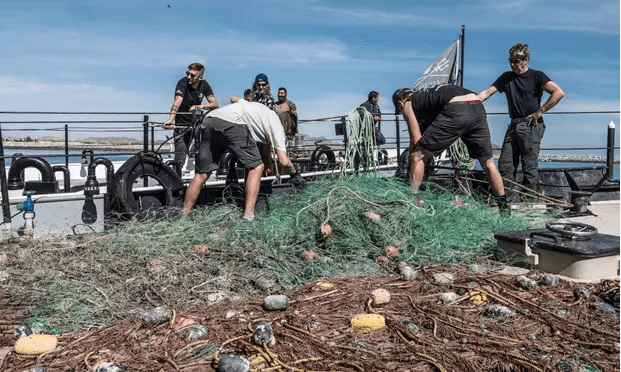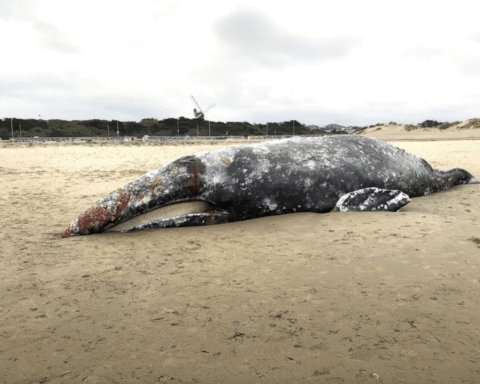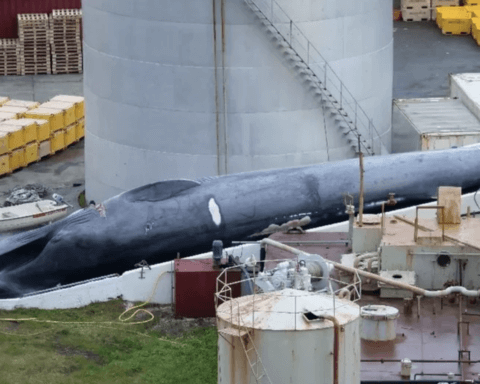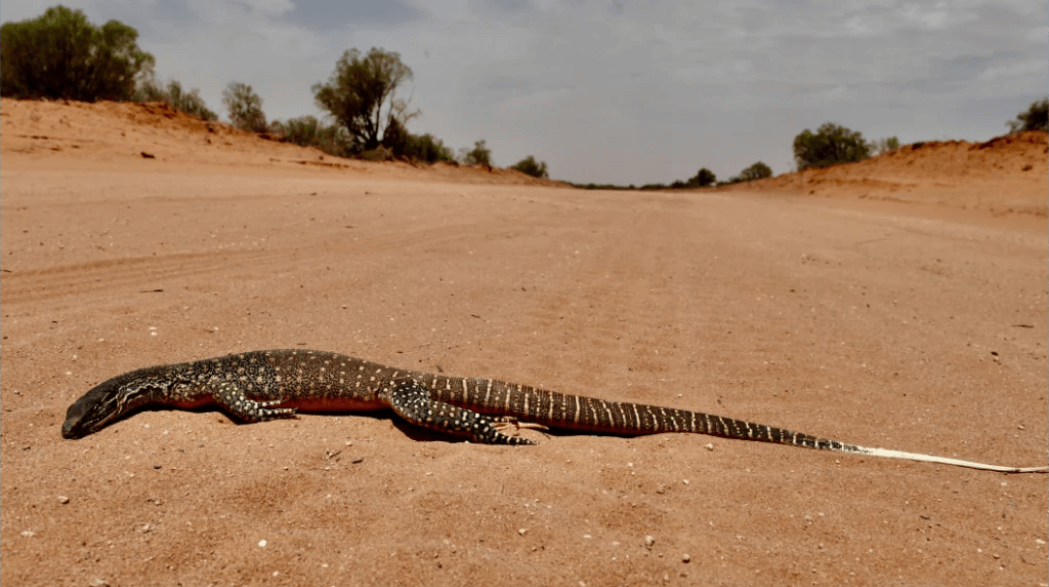The mysterious oceans occupy 99 percent of the blue planet’s living space (biosphere). The oceans are the cradle of life, climatemakers, oxygenmakers and home to unknown numbers of species.
Today, the oceans are dreadfully ill with vast areas of boneyards. “The oceans are really a mirror of human health, if they are sick and dying then that’s the future of humanity as well,” admonished oceanographer David Baker, University of Hong Kong’s Swire Institute of Marine Science.
Fisheries and poachers are ransacking the high seas. An estimated 44,000 floating slaughterhouses (factory trawlers) vacuum the oceans 24/7, 365 days of the year. They employ two percent, or about 806,000 of the global fishermen, yet catch more than 50 percent of the edible sea life.
Thirteen million miles with almost two billion hooks (enough deadly line to stretch around the equator 522 times) kills, maims and scars many, many billions of our scaled, finned, gilled, shelled and blow-holed kin annually.

Image credit: silverfineart.com
Each year, fisheries and poachers are butchering a volume of marine life equal to filling 122 Empire State Buildings. That’s one building’s worth of packed lifeless creatures every 2.9 days!
Each year, fisheries and poachers are butchering a volume of marine life equal to filling 122 Empire State Buildings.”
A quarter of the world’s fisheries gear, or, 705,000 tons of plastic fisheries equipment, is disdainfully discarded into the oceans, annually. Those awful abandoned (ghost) nets suffocate everything that comes into contact with these monstrous floating morgues (i.e., from blue whales to coral reef snakes and from Kemp’s ridley sea turtles to scalloped hammerhead sharks).
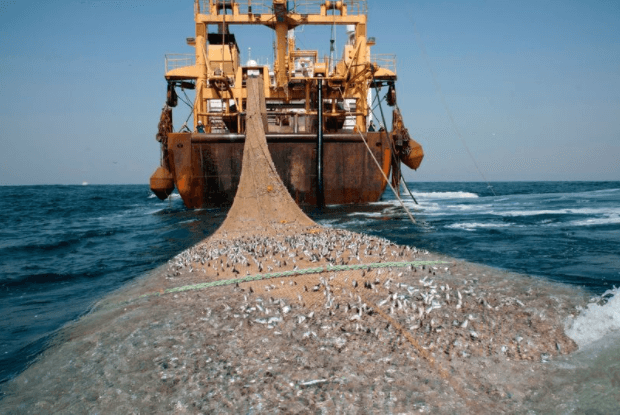
Image credit: Pierre Gleizes
I asked respected fisheries professor Daniel Pauley, University of British Columbia: “How many life-forms are being hooked, netted, caged, shot, sliced, bludgeoned, harpooned, stabbed, choked, crushed, gaffed and tortured with metal rods driven into their spines by fisheries?” He told me in an email, “A quick guess is 10 trillion to 100 trillion per year.” At this unfathomable pace, Dalhousie University professor Boris Worm and others calculated that the oceans would run out of living creatures sometime during the fourth decade of this century. God’s teeth.
The economics of extinction is a heartless unethical business whereby each remaining critically endangered animal, insect or plant sells for more dollars until the very last one fetches the highest price. It is hastening the demise of the endangered bluefin tunas that can accelerate faster than a Tesla electric vehicle. For instance in Japan, on January 6, 2019, a six hundred and twelve-pound bluefin commanded a record high price of $3.1 million.
This ecocide must be stopped dead in its tracks by the lawmakers, or the Gen Zs (under 26s) are dead in their tracks.
In 2016, Stanford University researchers released a global study showing that humans are killing off great white sharks, fin whales, bluefin tunas, leatherback sea turtles and every other large animal in the oceans. It’s unlike any of the previous five other mass extinctions. There’s nothing comparable within fossil records. In the past, smaller species were lost, not all the bigger ones.
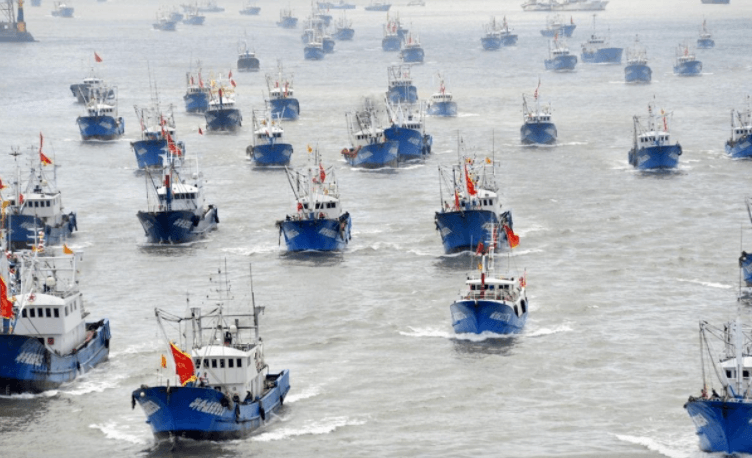
Image credit: China Foto Press
A 2019 report from my colleagues at the University of Tasmania, Hobart, Australia, revealed that over the previous 65 years the world’s fishing fleets have more than doubled from 1.7 million in 1950 to 3.7 million vessels in 2015, yet catches globally have nosedived by more than 80 percent. At the same time, man’s technology and hubris has ensured the entanglement of everything in the sea. (See The Gen Z Emergency for more shocking details).
Support the vital conservation work of Sea Shepherd Conservation Society
Concurrently, the accelerating heat in the oceans from combusting fossil fuels and wood pellets is the equivalent to detonating 10 Hiroshima atomic bombs every second of the year. Seabirds and marine life are starving to death from this man-made heat. “If the oceans die, we die!” warned Captain Paul Watson, founder of Sea Shepherd Conservation Society.
We need a rapid transition to a zero-combustion global economy by 2030. It’s long overdue to end the $5.3 trillion annual fossil fuel subsidies and including $35 billion to fisheries. Also, all the remaining old-growth rainforests require immediate protection. They, too, are superlative climate and oxygenmakers, fortifications of freshwater, carbon dioxide warehouses and hotbeds of biodiversity.

Image credit: morethanjustparks.com
The oceans require at least a century to repair. That means shutting down fisheries altogether. A healthy, water-smart vegan diet can easily feed the world. Incidentally, plant-based diets are the only way that humans can continue to colonize this planet beyond midcentury.
Join the disobedient uprising and become a climate and extinction agitator and protestor with Fridays For Future and Extinction Rebellion. Do it.

Image credit: BBC
#LoveIsTheSolution
#LoveNature
#GoVegan
#Compassion
#SeaShepherd
#CitizenWellbeing
#ConsumeLess
#WalkMore
#ZeroCombustionEconomy
#GenZEmergency
•••••••••••••••••••••••••••••••••••••••••••••

Dr Reese Halter is an award-winning broadcaster, distinguished conservation biologist and author.
Dr Reese Halter’s latest book is now available!
GenZ Emergency
Tweet @RelentlessReese
•••••••••••••••••••••••••••••••••••••••••••••


